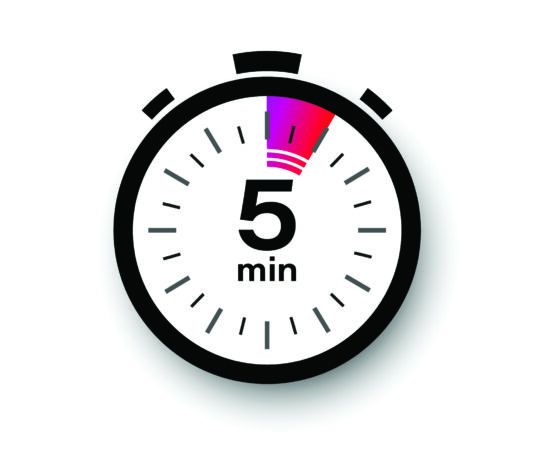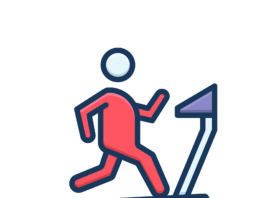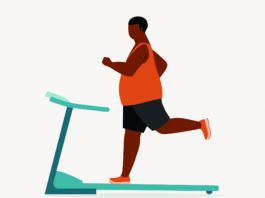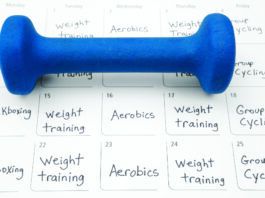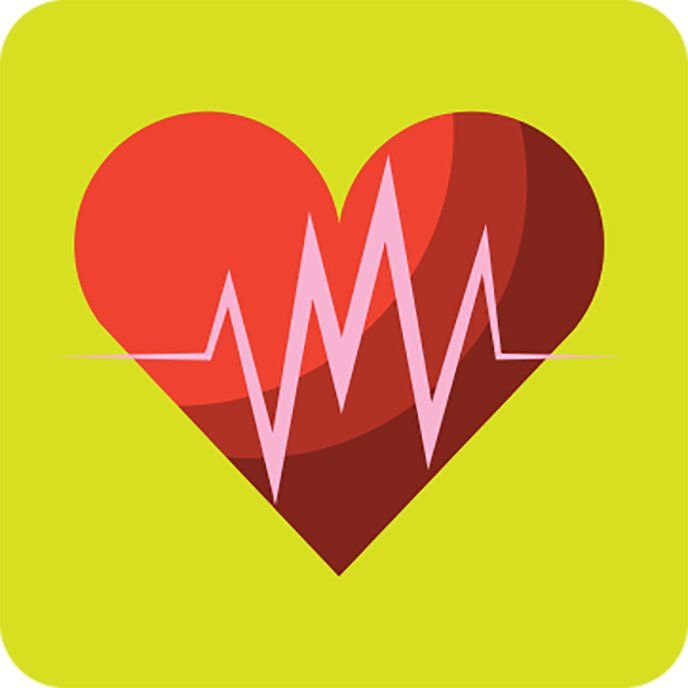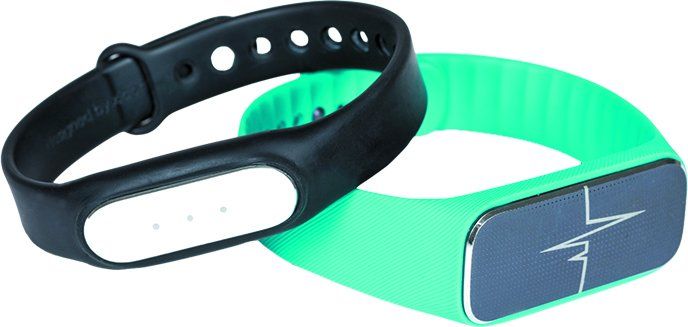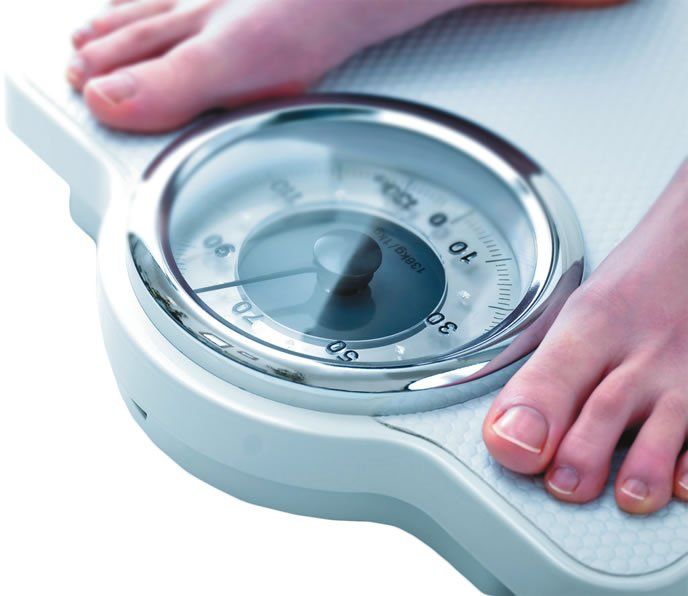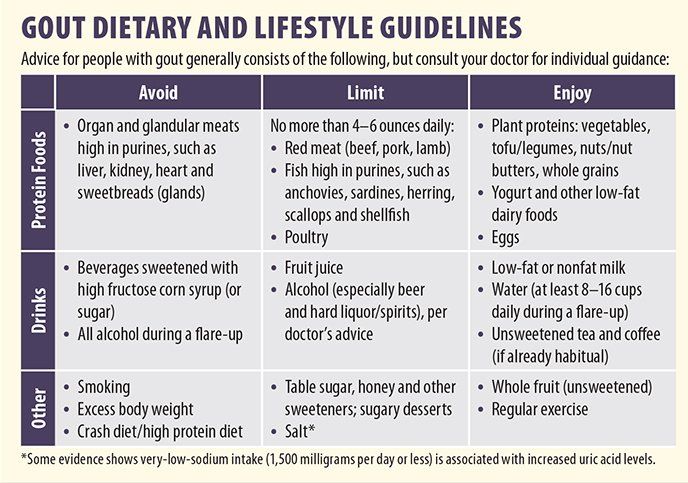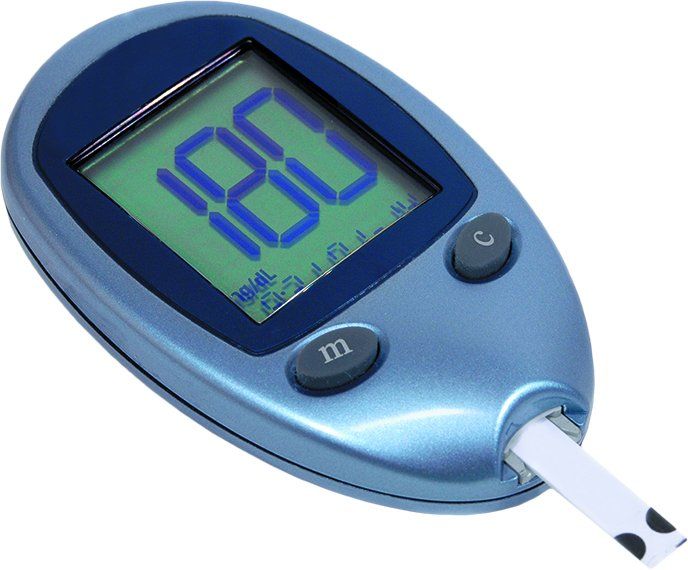Keeping Your Arteries Young
It's common to develop significantly stiffer arteries and high blood pressure as we age past our 50s. Healthy lifestyle factors may go a long way toward slowing this process. A new study published in Hypertension suggests healthy vascular (blood vessel) aging may be possible even in people 70 years and older.
Fido May Help You Get Fit
A dog may provide the nudge you need to be more physically active as you get older, suggests a new study in BioMed Central Public Health.
Do Fitness Trackers Help People Get Active?
Most people know they should exercise more, but many find it hard to start and maintain this behavior. Trackers can be beneficial in that regard, but certainly not all people like them. So, you may want to start with a low-cost wearable tracker or a free activity-reminder app for your mobile device or computer.
Dieting? Exercise to Protect Muscle, Bone
For older adults struggling with obesity, its a bit of a catch-22 that weight loss may speed up age-related loss of muscle and bone mass (lean tissue). That could worsen physical ability and contribute to frailty. The solution? "Exercise is important to help preserve muscle and bone mass during weight loss and to further improve physical function," says Dennis T. Villareal, MD, at Baylor College of Medicine and lead author of a new study in the New England Journal of Medicine.
Physical Activity Is Anti-Inflammatory
Physical activity is good for your heart, but why? A big reason may be its role in lowering inflammation.
Extra Pounds Probably Not Protective
Could carrying a little extra weight protect you from an early death - perhaps by giving you an energy reserve if you fall ill? Past studies have suggested this might be the case, but new research published in Annals of Internal Medicine challenges this thinking.
Dietary Strategies Against Gout
Gout is so painful that its sufferers say you can't really grasp how bad it is unless you've experienced it. A form of arthritis, gout is marked by attacks of severe joint pain, swelling, warmth and redness. Although medication is often used to help manage gout, dietary changes may help, too.
Bone-Protective Effects of Exercise
Exercise that stresses your bones (weight-bearing exercise, such as walking or tennis) can help preserve bone mass as you age. But, how?
Improving Fitness Could Prolong Life
Getting more physically fit may help reduce risk of dying prematurely. Researchers at Henry Ford Hospital in Detroit, Michigan, followed 10,854 men and women (average age, 54) who had completed two doctor-ordered exercise stress tests at least 12 months apart.
6 Strategies for Better Blood Sugar After Meals
Controlling type 2 diabetes requires spot-checking blood sugar, including after you eat. "The highest blood sugars of the day tend to be after meals," says Richard Siegel, MD, an endocrinologist and co-director of the Diabetes and Lipid Center at Tufts Medical Center. Blood sugar spikes - temporary high readings - after meals can be hard on heart health.





















